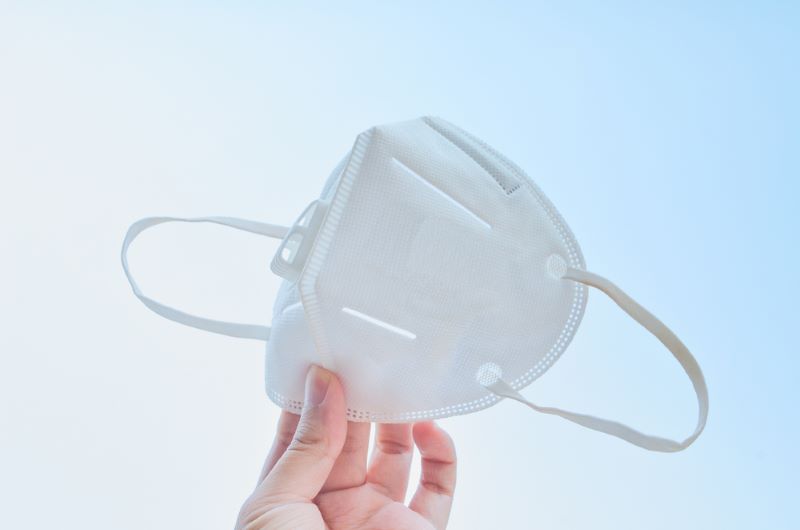British Columbia is scrapping its mask mandate for the second time starting Friday and will lift the Vaccine Card program and nearly all other protective measures against COVID-19 by April 8, officials announced Thursday.
Masks will still be mandatory in health-care settings and workplaces may continue to require them, but they will no longer be necessary in most indoor settings including schools, public transit, gyms, restaurants, retail stores or events like sports games and concerts.
The first time the mask mandate was lifted on July 1, 2021, it was reinstated less than eight weeks later due to a rise in cases fuelled by loosened public health measures and the emergence of the Delta variant.
Provincial health officer Dr. Bonnie Henry cited high vaccination rates and declining case numbers and hospitalizations in her rationale for the decision.
There were 388 people in hospital with COVID-19 on Thursday, and 14 deaths reported in 24 hours the day before.
While hospitalizations have declined from their peak of 1,059 on Jan. 31, 2022, February saw 257 people die, accounting for nearly 10 per cent of the COVID deaths B.C. has seen in the last two years. Most people dying are elderly or do not have the protection of vaccination, Henry said.
“We are not fully out of this yet, but I feel confident we can make some changes,” Henry said in remarks to the media Thursday.
“In most low-risk locations, [masks] will now be an option and no longer a necessity.”
There will no longer be a pandemic limit on the number or frequency of visitors to residents in long-term care, and capacity limits on faith gatherings and the ban on overnight child and youth camps will both be lifted Friday.
Guidance for child-care providers and schools around isolation and screening will also change in the coming weeks but has not yet been publicized.
And on April 8, the BC Vaccine Card program will end. This program required people 12 and up to be double vaccinated to access non-essential indoor settings like restaurants, movie theatres, sports events and concerts.
The vaccine mandate for post-secondary residences will also end, as will the need for businesses to have COVID-19 safety plans.
“We intend to remove additional measures in another four weeks… assuming our conditions continue to improve,” Henry added.
These changes mean nearly all major protective measures against COVID-19 will cease in the next month.
The province will also no longer hold regular media briefings. After April 8, data on cases, hospitalizations, deaths and vaccination will be reported weekly instead of daily. Wastewater surveillance will also be expanded into more communities across B.C.
Transmission in the North and Interior remains elevated, and with PCR testing limited, hospitalizations are the most important but lagging indicator of B.C.’s pandemic trajectory.
Henry said she did not expect to see a spike in cases after protective measures are removed because of the high level of protection afforded by vaccination, but that B.C. may see a levelling off or slowed decline in cases as a result.
She also stressed that the pandemic likely has future variants in store, and protective measures may be needed again in the future, particularly if a variant emerges that can evade the immunity afforded by vaccination.
“Those are the things that we don’t yet know,” Henry said.
Thursday’s changes may make some people “uncomfortable,” Henry acknowledged, and everyone should be respectful of others’ comfort levels and individual choices to mask or not.
When asked where the relaxed protections leave immunocompromised and high-risk people, particularly those who need to take transit or work in public-facing roles, Henry said they should continue to wear masks and take measures to protect themselves.
“They have always had to take additional protections… because they know their immune systems are not as strong,” Henry said. ![]()
Read more: Coronavirus, BC Politics
















Tyee Commenting Guidelines
Comments that violate guidelines risk being deleted, and violations may result in a temporary or permanent user ban. Maintain the spirit of good conversation to stay in the discussion.
*Please note The Tyee is not a forum for spreading misinformation about COVID-19, denying its existence or minimizing its risk to public health.
Do:
Do not: